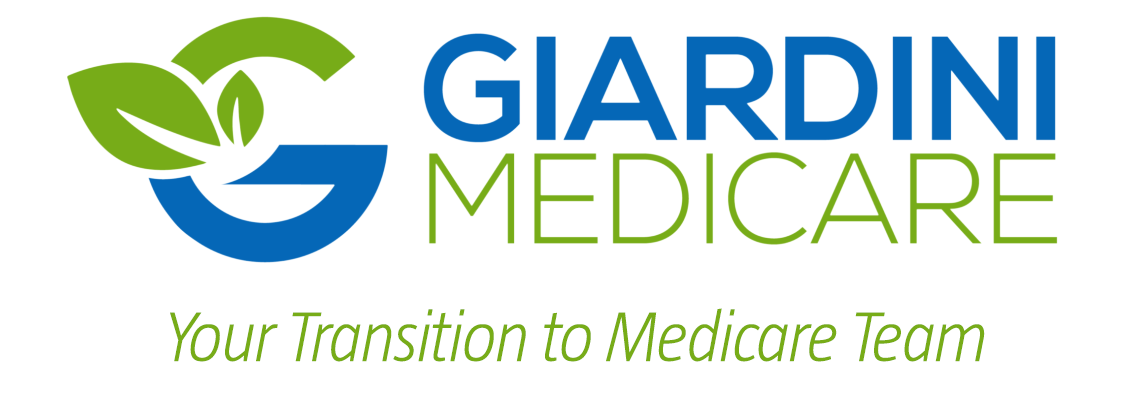Prescription medication costs can be a significant financial burden for many people, especially for those on Medicare. While insurance coverage is a common way to reduce costs, there are several other options to consider when it comes to saving money on prescription drugs.
Here are five ways to save money on prescription medications:
1. Low-Income Subsidy (Extra Help)
The Low-Income Subsidy (LIS), also known as Extra Help, is a federal program designed to help individuals with limited income and resources pay for Medicare drug coverage, premiums, deductibles, co-insurance, and other related costs. Eligible individuals may qualify for either full or partial LIS, depending on their income and assets. With full LIS, the beneficiary pays zero monthly premium for the benchmark plan, zero deductible, and $4.50 per generic medication and $11.20 for each brand medication. Beneficiaries will not be subjected to the donut hole, and they will pay zero during the catastrophic coverage phase of the prescription program. With partial LIS, the beneficiary will pay some costs, but they will still be lower than what they would pay without the subsidy. To see if you qualify for LIS, contact your Medicare broker or visit the Social Security Administration website.
2. Maximize Your Current Prescription Coverage
If you're already enrolled in a Medicare prescription drug plan or a Medicare Advantage plan with drug coverage, you can maximize your current coverage by checking to see if there are any cost-saving opportunities. One way to do this is to visit Medicare.gov and enter your current prescription drugs to see the cost estimates for each plan. You can also consider using a preferred pharmacy, checking if mail order will save you money, asking your doctor about generic alternatives, or requesting a formulary or tier exception. If you're not enrolled in a plan that fits your medications, you can consider changing during the Annual Election Period that runs from October 15 until December of each year.
3. Use Online Prescription Discount Plans
Several online prescription discount programs can help you save money on prescription drugs. These programs are separate from your Medicare drug coverage and cannot be combined with that plan. However, they may offer lower prices than what you would pay with insurance. Some popular programs include Costplusdrugs.com, GoodRx, SingleCare, Clever Rx, Blink Health, and Amazon Pharmacy's RX Pass. It's important to note that prices may vary depending on the pharmacy and the medication.
4. Utilize 340B Pharmacies
The 340B program is a federal program that allows certain healthcare providers to purchase prescription drugs at discounted prices. These providers can then pass the savings on to their patients. If you're receiving care at a 340B pharmacy or clinic, you may be able to save money on your medications. Not all pharmacies participate in the 340B program, so it's important to ask your healthcare provider if they do.
4. Contact the manufacturer directly for financial assistance plans
All programs will have different levels of requirements in terms of qualifying to it's worth checking on. Here's is an example of the program for Eliquis from Bristol Myers Squibb.
5. Consider Foreign Medication Sources
While it's not legal to import prescription drugs from foreign countries, some people may still choose to do so to save money. However, it's important to be cautious when buying medications from foreign sources, as they may be counterfeit, expired, or contaminated. If you're considering buying medications from a foreign source, talk to your doctor or pharmacist first and make sure the source is reputable and legitimate.
In conclusion, prescription medication costs can be a financial burden, but there are several ways to save money on prescription drugs beyond relying on insurance coverage. By taking advantage of low-income subsidies, maximizing current coverage, using online prescription discount programs, utilizing 340B pharmacies, and considering foreign medication sources, individuals can save money and improve their financial situation. If you're struggling to afford your medications, talk to your healthcare provider or a Medicare broker to explore your options.


